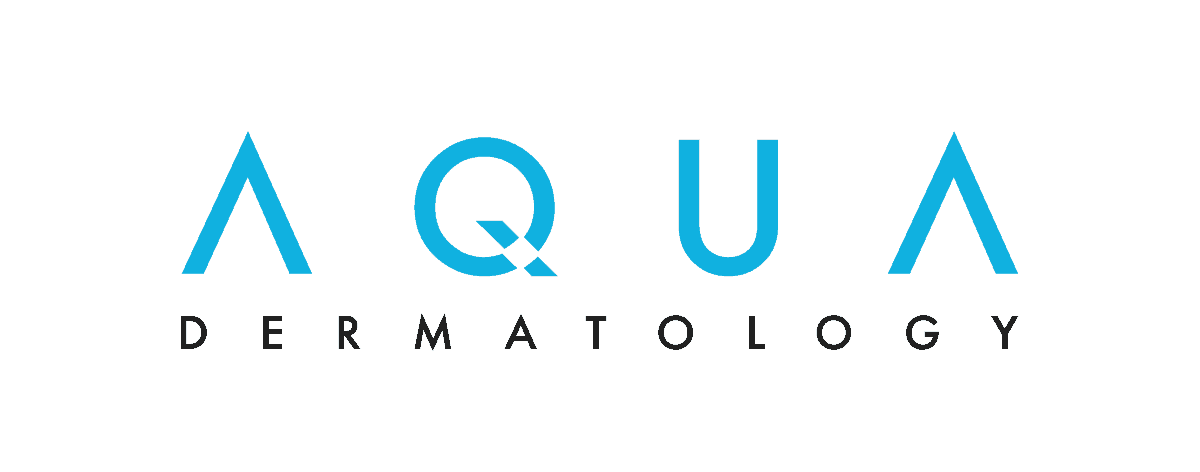Basal Cell Carcinoma
Call (877) 900-3223
BCC: TREATMENT AND PREVENTION
Basal cell carcinoma (BCC) is a slow-growing form of skin cancer. More than one out of every three new cancers are skin cancers, and the vast majority are BCCs, with an estimated 4 million cases diagnosed in the United States each year.
This makes BCC the most common cancer in the US, but it also tops the list worldwide, and the number of cases of BCC continues to rise. The reason for this rise might be that people are more often carelessly exposing their skin to the harmful ultraviolet (UV) rays of the sun and tanning beds. Water’s Edge Dermatology, your Florida center for dermatology, will diagnose and effectively treat all cases of BCCs.
What Is a Basal Cell?
What Does Basal Cell Carcinoma Look Like?
Risk Factors for Basal Cell Carcinoma
The Danger of Basal Cell Carcinoma
Diagnosis and Treatment of Basal Cell Carcinoma
Post-Treatment
Preventing Basal Cell Carcinoma
What Is a Basal Cell?
Basal cells line the deepest layer of the epidermis, which is the outermost layer of our skin. New skin cells are produced from basal cells. These new cells push older cells toward the skin’s surface, causing the old cells to die and slough off.
A mutation in the DNA of a basal cell causes it to multiply rapidly and continue growing when it would normally die. The accumulating abnormal cells may eventually form a cancerous tumor.
What Does Basal Cell Carcinoma Look Like?
There are five warning signs that may signal the presence of BCC:
- An open sore that bleeds, oozes, or crusts and remains open for a few weeks, only to heal up and then bleed again. A persistent, non-healing sore is a common sign of an early BCC.
- A reddish patch or irritated area, frequently occurring on the face, chest, shoulders, arms, or legs. Sometimes the patch crusts and it may also itch. At other times, it persists with no noticeable discomfort.
- A shiny bump or nodule that is pearly or translucent and is often pink, red, or white. The bump can also be tan, black, or brown, especially in dark-haired people, and can be confused with a mole.
- A pink growth with a slightly elevated rolled border and a crusted indentation in the center. As the growth slowly enlarges, tiny blood vessels may develop on the surface.
- A scar-like area that is white, yellow, or waxy and often has poorly defined borders; the skin itself appears shiny and taut. This warning sign may indicate the presence of an invasive BCC that is larger than it appears to be on the surface.
A Water’s Edge Dermatology practitioner should examine all new growths and changes to your skin.
Risk Factors for Basal Cell Carcinoma
The most common cause of skin cancer of any kind is exposure to the sun or using commercial tanning beds. People who live in sunny or high-altitude climates are exposed to more UV radiation. Other risk factors include:
- Fair skin
- Blond or red hair
- Blue or green eyes
- Family history of skin cancer
- Weakened immune system
- Received radiation therapy
- Exposure to coal tar, pitch, creosote, or arsenic
- Age
Basal cell carcinoma usually develops over many years, although dermatologists are seeing more people in their 20s and 30s with it.
The Danger of Basal Cell Carcinoma
Only in exceedingly rare cases can BCC spread to other parts of the body and become life threatening, but it can invade and destroy surrounding tissue, causing permanent disfigurement.
When a BCC tumor develops near an organ such as an eye, ear, or nose, or grows near a nerve, this can be especially concerning. If the cancer invades, you could lose an eye. Early diagnosis and proper treatment can prevent this.
Diagnosis and Treatment of Basal Cell Carcinoma
A biopsy is required to diagnose skin cancer. A dermatologist in our office can perform this simple procedure by numbing the area and then removing the suspicious lesion (or a portion of it). The removed tissue is examined under a microscope to see if cancer is present. In some cases, the dermatologist might perform the biopsy and provide treatment during the same office visit.
When the diagnosis is BCC, Water’s Edge gives our patients a number of surgical and nonsurgical options. The appropriate treatment depends on the size, location, and characteristics of the tumor, as well as the overall health and needs of the patient. Most BCCs are treated with one of the following:
SIMPLE SURGICAL EXCISION
The Water’s Edge Dermatology provider cuts out the tumor and some of the surrounding healthy tissue. The removed tissue is examined under a microscope to see if all of the skin cancer has been removed.
MOHS MICROGRAPHIC SURGERY
Performed by a specially trained dermatologic surgeon, Mohs micrographic surgery involves removing the visible tumor and then successive layers of skin one at a time until cancer cells are no longer found.
ELECTRODESICCATION AND CURETTAGE
The Water’s Edge Dermatology provider removes the tumor by scraping or “curetting” it, and then burning the base with an electric needle (electrodessication).
CRYOSURGERY
The Water’s Edge Dermatology provider destroys the tumor by freezing it with liquid nitrogen.
ELECTRON BEAM THERAPY (EBT)
Electron Beam Therapy (EBT) is a radiation therapy that uses high energy X-rays to kill the cancer cells and prevent the growth of new cancer cells.
LASER SURGERY
High-intensity focused light waves are used to destroy the cancerous tissue.
TOPICAL THERAPY
The Water’s Edge Dermatology practitioner prescribes a cancer-fighting medication, such as imiquimod or 5-fluorouracil, which the patient can apply to the skin cancer at home.
PHOTODYNAMIC THERAPY
A medication is applied to the skin and light is used to activate the medication.
ERIVEDGE™
This is a new treatment that is used in extraordinarily rare cases of metastatic BCC or locally advanced BCC that is so serious, it can threaten to take your life.
Erivedge (vismodegib) is an oral drug that was approved by the FDA in early 2012 for advanced BCC. It’s only used for very limited circumstances where the nature of the cancer precludes other treatment options (such as surgery or radiation).
Due to a risk of birth defects, Erivedge should not be used by women who are pregnant or attempting to conceive.
Post- Basal Cell CarcinomaTreatment
After receiving treatment for BCC, the patient will schedule follow-up appointments. These appointments are essential because studies show that a person who develops BCC has an increased risk of developing another BCC or other form of skin cancer, including melanoma. Follow-up visits are also important because BCC can return after treatment. Cure rates and survival rates are highest with early detection and treatment.
Performing regular self-examinations of your skin can help detect skin cancer in its earliest stage. Be alert to non-healing sores and other changes to your skin.
Preventing Basal Cell Carcinoma
The most important thing you can do to reduce your risk of developing skin cancer of any sort is to avoid direct sunlight and tanning beds. When you do go out in the sun, wear protective clothing, hats, sunglasses, and sunscreen with an SPF of 30 or higher. Make sure to choose a broad-spectrum sunscreen and reapply every two hours or after swimming or sweating.
Here are a few other important reminders:
- Seek shade when appropriate – the sun’s rays are strongest between 10 am and 4 pm. If your shadow is shorter than you are, seek shade.
- Protect children from sun exposure by playing in the shade, using protective clothing, and applying sunscreen.
- Use extra caution near water, snow, and sand because they reflect the damaging rays of the sun, which can increase your chance of sunburn.
- Get vitamin D safely through a healthy diet. Don’t seek the sun.
- Avoid tanning beds. If you want to look like you’ve been in the sun, consider using a sunless self-tanning product, but continue to use sunscreen.
- Check your birthday suit on your birthday. Tell your Water’s Edge dermatologist if you see any new, unusual, or changing moles or growths on your skin.
- Regular, thorough skin examinations are also important, especially if you have a large number of moles or other risk factors. While this will not prevent skin cancer from developing, it may help to catch it early, when it can be treated more easily.





